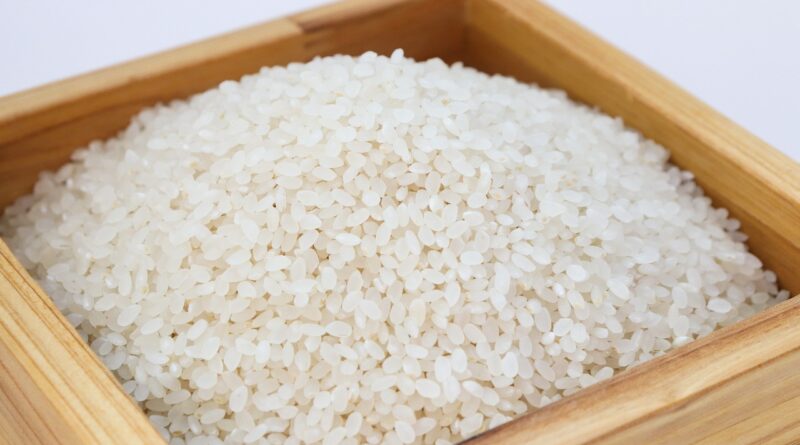African Development Fund Approves $99.16M to Boost Regional Rice Cultivation in West Africa
The African Development Fund has approved an initial $99.16 million in funding for the Regional West Africa Rice Development project, aimed at enhancing food security, self-sufficiency, and resilience in the region’s rice cultivation value chains. The project will focus on increasing rice production and productivity, bolstering income generation for farmers, and supporting climate-resilient agricultural practices.
The approved funding will target the first group of beneficiaries, which includes Gambia and Guinea-Bissau, as well as regional organizations such as the Economic Community of West African States (ECOWAS) and the Africa Rice Center (AfricaRice). The financial contributions will be distributed as follows: $15.95 million to Gambia, $43.88 million to Guinea-Bissau, and $19.94 million to ECOWAS, with the remaining $19.39 million allocated to support AfricaRice. The grants from the African Development Bank Group will cover 91.2% of the total project cost, with Gambia and Guinea-Bissau each contributing 5.2% and the beneficiaries providing 1.7% in kind.
The project is a key part of the West African region’s strategy to achieve self-sufficiency in rice production by 2030. As part of the initiative, the project will also promote public and private investments in rice value chains, improving production, processing, marketing, and intraregional trade. The overall goal is to empower farmers—particularly women and youth—by increasing access to better resources, financial inclusion, and skills development.
At the national level, the project plans to improve irrigation infrastructure, enhance climate-smart agricultural techniques, and increase access to improved seeds, fertilizers, and mechanization. These measures will support the resilience of rice farms and production systems, enabling them to better adapt to climate change and extreme weather events.
In Gambia, approximately 20,000 rice farmers, including 6,000 women and 4,000 young people, will benefit from improved agricultural inputs and services, while 10,000 producers will gain access to key resources such as seeds, fertilizers, and mechanization. Additionally, 40 women will receive support for financial inclusion initiatives. Similarly, Guinea-Bissau will see benefits for 16,000 rice farmers, including 5,000 women and 3,000 young people. Around 50,000 producers in Guinea-Bissau, including 15,000 women and 15,000 young people, will also gain access to critical agricultural resources.
On the regional level, AfricaRice will provide technical support to promote innovation in rice cultivation, focusing on seed varieties and production techniques tailored to the diverse conditions across West Africa. ECOWAS will focus on policy and regulatory reforms, harmonizing agricultural governance across the region through initiatives like the ECOWAS Rice Observatory, which will be further supported by this project.
This project will directly benefit all 15 countries in West Africa, contributing to the overarching goal of enhancing regional food security and improving the livelihoods of thousands of smallholder rice farmers, especially women and youth. By 2030, it is expected that the project will significantly increase regional rice production and help mitigate the challenges posed by climate change, fostering a more resilient and self-sufficient rice industry in West Africa
Regional Impact on Food Security and Economic Growth
The funding and strategic focus of the Regional West Africa Rice Development project are vital in ensuring food security and enhancing the economic well-being of West Africa. As climate change poses an increasing threat to agriculture, investing in resilient, sustainable practices is essential. The project aligns with regional and global efforts to improve agricultural productivity, reduce poverty, and advance economic stability in the face of climate challenges.
By supporting smallholder farmers and promoting more efficient, sustainable rice cultivation practices, this initiative will lay the groundwork for long-term economic growth and food sovereignty in West Africa, contributing to the broader goals of poverty reduction and regional integration.
This article has been republished from The Dev discourse

